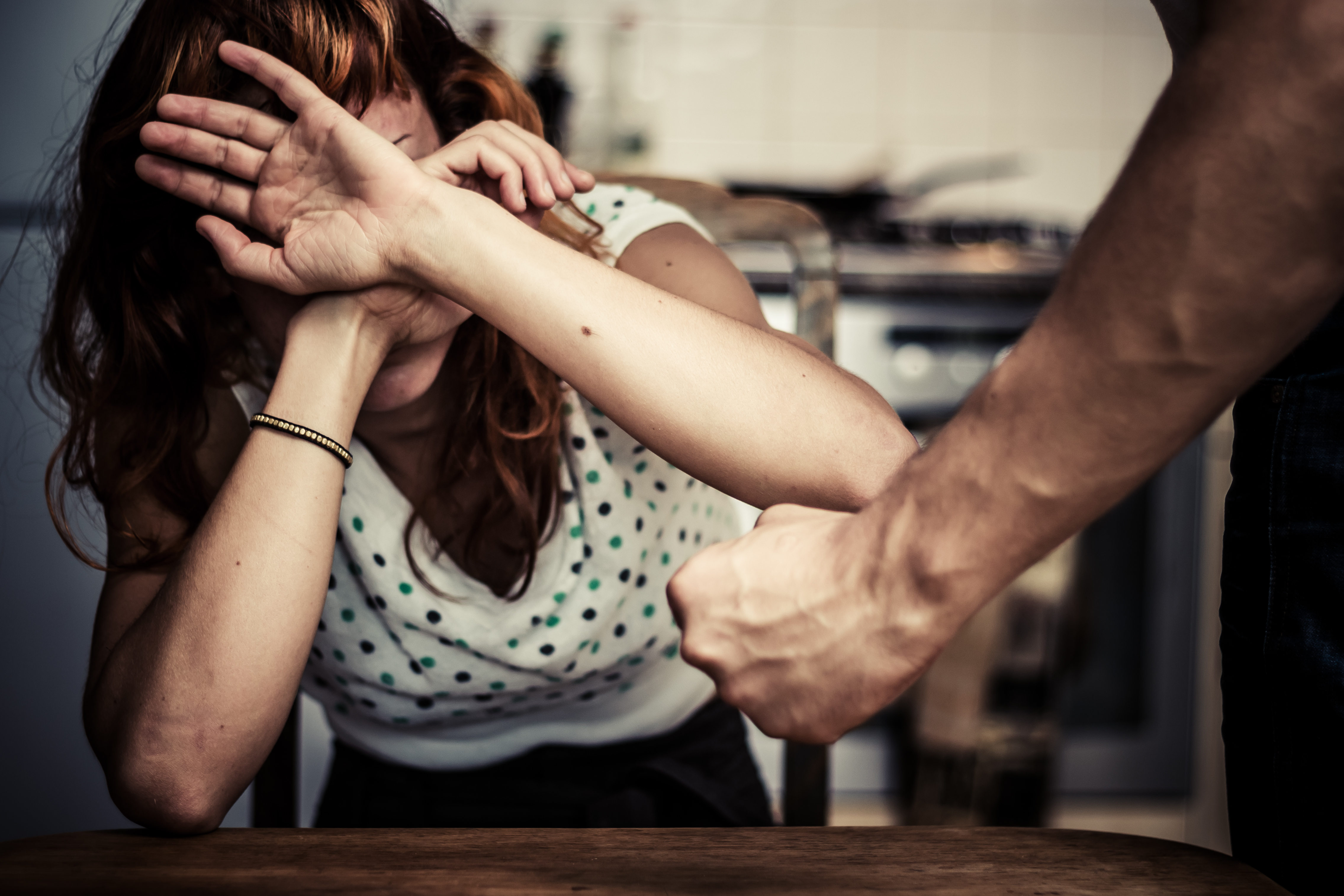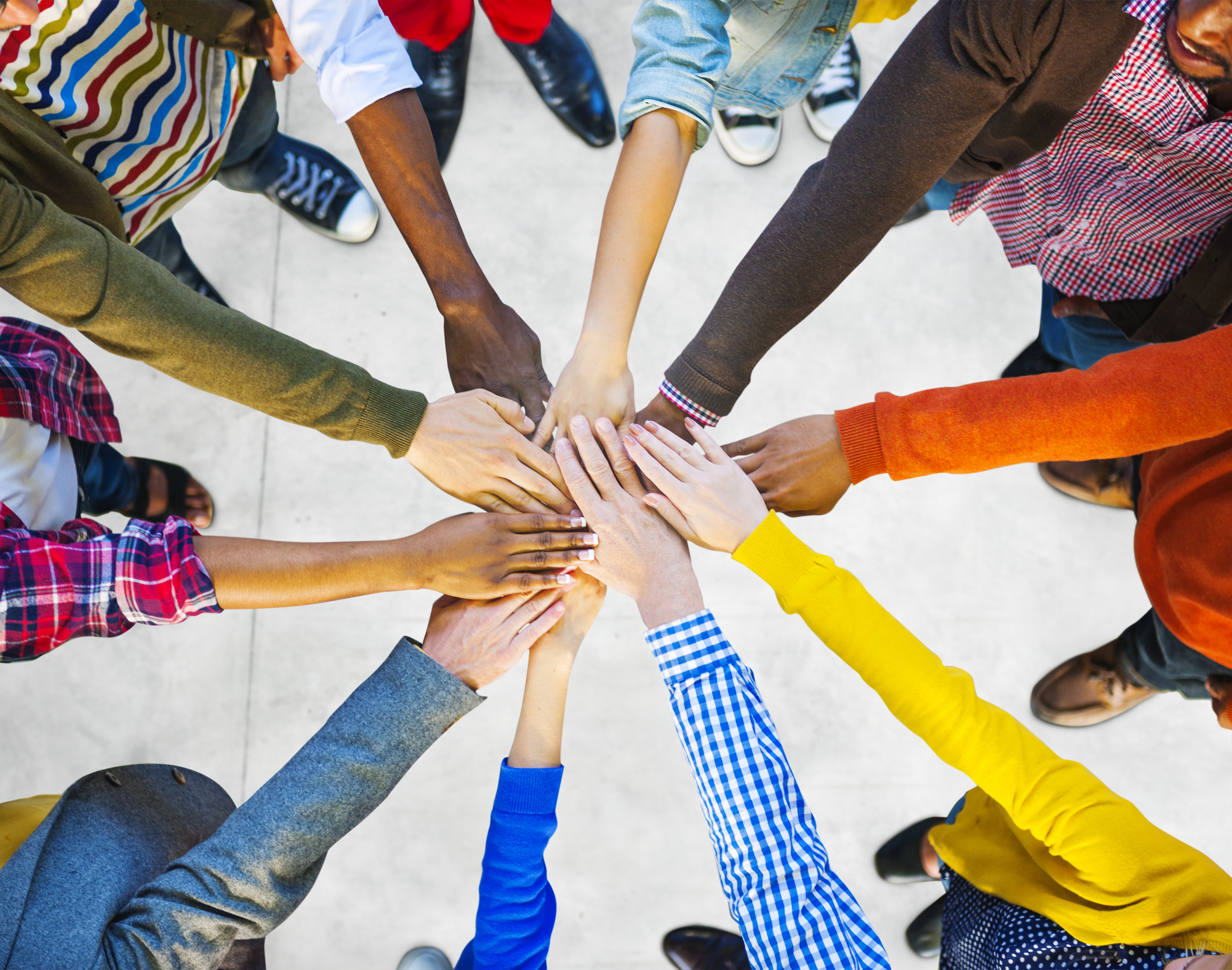2017 – a year of change and no change
In 2014, Ray Rice punched his girlfriend unconscious in an elevator and became the face of domestic violence in the NFL. The level of media attention from the elevator video of the assault was what finally shamed the NFL into taking action to suspend Rice from play. Later in the same year, Jian Ghomeshi was fired from the CBC for assault allegations from women he had dated. 2014 was also the year that Bill Cosby’s criminal behaviour surfaced after years of rumours and allusions. These events marked the beginning of a public reckoning with violence against women in the workplace that picked up new speed in 2017.
Just this year, there have been many more highly publicized stories of domestic and sexual violence. Twitter hashtag #metoo gave voice to 1.7M self-reports in 85 countries of those who have experienced sexual violence.[1] Starting with Harvey Weinstein in October 2017, 45 famous powerful men have been fired or resigned for sexual assault and harassment. Politicians and reporters have said over and over again in public statements “I believe the women”. There is no question that we are living through a “seismic shift” where it seems that coercive and violent behaviour will not be tolerated in the workplace and in communities.[2] For this reason, 2017 has been described as a “watershed” year by many.
Up against this idea that big change is taking place, there is a quiet, less publicized contrast of ‘no change’. From November 2016 – November 2017, 32 women were killed – just in Ontario.[3] The Ontario Association for Interval & Transition Houses (OAITH) faithfully compiles the list every year in advance of the annual remembrance on Dec 6th of the 1989 Montreal massacre where 14 young women were killed because they were women. In spite of all of the change efforts since 1989, femicide numbers have not decreased. Similarly, the Canadian Women’s Foundation says that sexual violence is the one crime rate that is not declining. Women account for 92% of reported sexual assaults in Canada.[4] 82% of victims under the age of 18 are female.

Yet it does seem an important time. People are talking about physical and sexual violence more openly and everyday there are new stories that find the light. So how do we move forward in a way that actually translates to the bottom line of violence against women and other vulnerable peoples? [5] Can we end violence in relationships? How do we optimize the moment in a meaningful way?
One question that we need to ask ourselves; are we willing to look at a bigger picture, beyond the idea that we can boil it all down to the problem of ‘bad’ individuals? Yes, we want the Harvey Weinsteins of the world to be accountable, but that is only a first step. We have to want much more than that.
A more productive line of questions might start with; what is it about us as a society that produces such widespread violence and aggression that is so targeted at half the population? What makes Harvey Weinstein or any of the other recently disgraced men believe it’s ok to treat women the way they have? Can we start to talk about the deep set attitudes and beliefs that show up to make it seem natural that women are penalized for being women in important areas of society?
In their homes, women are still doing the lion’s share of unpaid housework and emotional care of the family, in the workplace they are still making less money and in society they are still far less likely to rise to power. Women with children and older women are two of the poorest groups in our country. For a society obsessed with star power, even powerful women with the status of ‘celebrity’ don’t get the leading roles and when they do, are not paid as much as their male counterparts. Read these realities as just a few of the visible signs that hold tight to a social message that is repeated every day and in many ways; women are less valuable in the social order and therefore less valued.
If we want to stop the killing, assaulting and harassing of women and other vulnerable groups, we have to question the ways we are conditioned to believe that the superior status of men entitles them to treat women as objects, servants and lesser beings that can be discarded – and to respond more effectively to the rage that comes when that ‘natural’ order is questioned.
There is strong evidence that we can grow and change beyond injustice and discrimination. Even with centuries of gender inequality drilled into us, the majority of men are not violent toward women. How do men recognize and overcome misogyny when it is everywhere like the air that we breathe? This is another important question that deserves attention and discussion. Who are the men, and women in our lives who have had the support they needed to figure out, in spite of adversity, how to develop respectful relationships that are based in equality, mutuality and yes, love. How do we create the conditions for ourselves and for the generations to come where that kind of support is the norm?

As 2017 draws to a close, we need to acknowledge that yes, we have made significant gains in raising the issue of violence against women to the top of the media pile. And to remember that 32 women were killed in Ontario this year, every one of them a bitter and unnecessary loss for the whole society. Looking forward, we want more than the discussion, we want social change.
[2] See: After Weinstein: 45 Men Accused of Sexual Misconduct and Their Fall From Power
[3] See OAITH: Femicide list
[4][4] Canadian Women’s Foundation: Stats Canada: Gender Differences in Police Reported Violent Crime 2008 study
[5] People who identify as trans, non-binary, Indigenous, racialized and/or those with disabilities are more vulnerable to physical and sexual violence.






